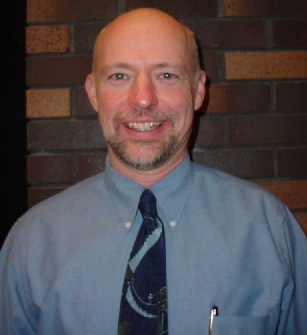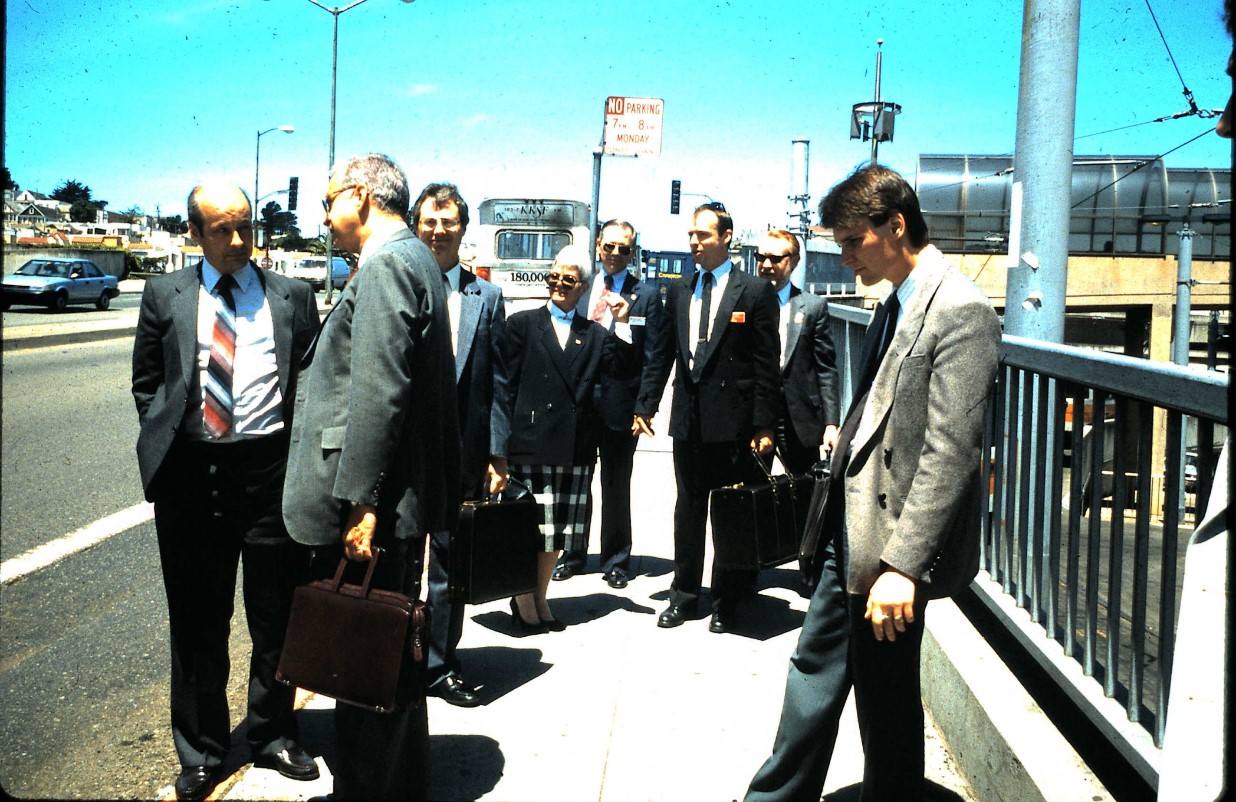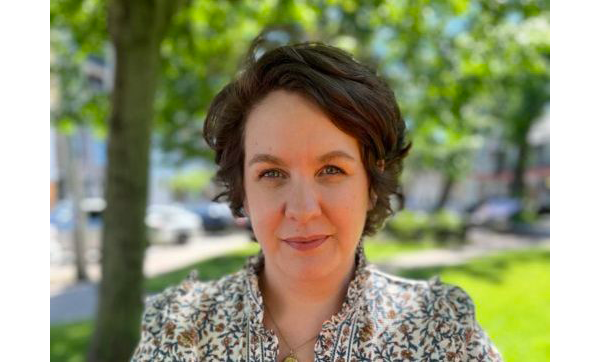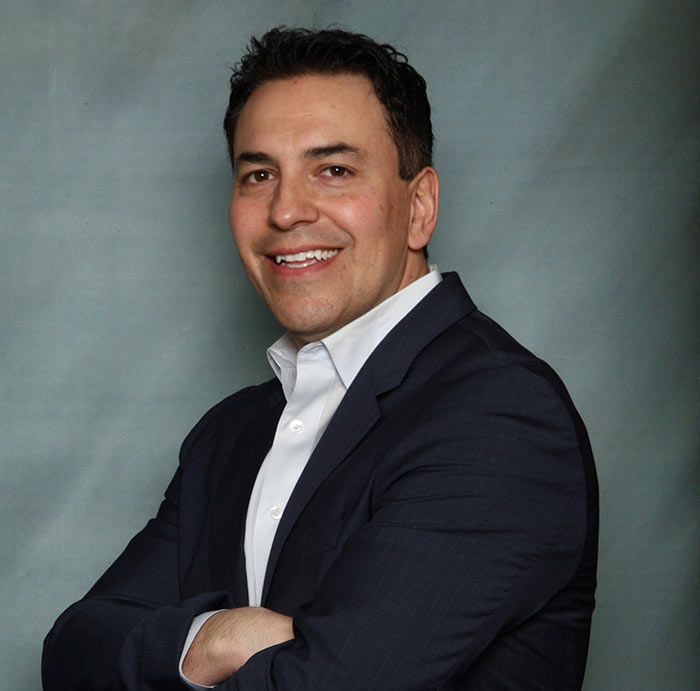

Floyd Simpkins’ grandfather Wilfred Libby started his own business, Libby Manufacturing Inc., passing it on to Floyd’s father George Simpkins after him. Given this family history, you might assume he followed his family’s footsteps in entrepreneurial ventures.
While Floyd would later come full circle and run the business as well, it was actually his academic interests that led him towards his chosen career.
“I studied International Relations/Politics at the University of Western Ontario. My MA thesis was on Canada’s claim to sovereignty over the High Arctic (1978) and drew extensively on the international Law of the Sea. I became fascinated with all things international and made it my goal to work in some international field of work.”
After completing his MA, Floyd started working as a policy analyst for the Ontario Ministry of Consumer and Commercial Relations. Over the course of five and a half years, he researched and advised the deputy minister and other senior officials on 74 different acts and pieces of legislation.
California dreaming on behalf of Ontario companies
In 1984, Floyd moved to a new role with the Ontario government as a senior business consultant with the province’s Ministry of Economic Development and Trade.
“This launched my career in international business, which spanned 14 years as part of a trade development and promotion team. My work allowed me a deep and practical insight into global business as the lead on numerous trade missions and trade show participations across many industry sectors in different parts of the world.”
This period of Floyd’s career also included a stint as the province’s trade and investment representative in Los Angeles. In fact, if you’ve travelled to California and taken public transit, you may have Floyd, in part, to thank for it.

Above: Floyd (third from right, with the red badge) leading the transit mission delegation to San Francisco, circa 1989.
“My most interesting projects involved several trade missions we undertook in the U.S. with the Ontario mass transit industry in the late ‘80s and early ‘90s. These were multi-city presentations where we orchestrated the introduction of our transit suppliers to transit properties in the Midwest, the San Francisco Bay area and the Los Angeles/Orange County regions. It opened doors that would not have otherwise been opened, and resulted in millions of dollars in sales for our participating companies.”
Going home to revitalize the family business
Now with many years of experience, and seeing his family’s business go through several years of decline, Floyd decided to tackle the challenge head-on and become the general manager and co-owner.
Among the most significant changes was a total re-thinking of production and operation processes to improve quality and efficiency while reducing costs. Floyd introduced a focus on value-added proprietary products, and implemented an R&D project to develop a new product. This process included a major shift away from the automotive industry towards the specialized production of quality beds intended for use in summer camps. He also created an entirely new sales and marketing strategy, which included launching the company’s first website.
Floyd also looked outside the country for growth, and succeeded in several aspects. Under his leadership, Libby Manufacturing began exporting to the U.S. for the first time, after he established and managed important relationships with various representatives. He also ensured the company achieved ISO 9002 certification in February 1999.
Within the first two years, he was able to increase sales 62% and expand the flow of new capital investment from zero to hundreds of thousands of dollars.
Floyd was also able to begin an extensive employee training and apprenticeship program, wind down unprofitable operations, and sell off some of the more profitable lines in order to continue the company’s best work.
His seven years in this role, from 1996-2003, were filled with challenges that left Floyd with a lot of experience to share and stories to tell.
“My favourite stories from this time are really about the challenges we faced in trying to modernize the company and survive with strong domestic and international competitors. They are instructive in that they reflect both successes and failures – and I had my share of both. I liked telling students when I began my teaching career that when I started in this venture I had hair on my head – but after seven years of facing those challenges my hair disappeared! Somewhere underneath it all I gained a lot of valuable lessons.”
Though Libby Manufacturing was sold in 2003, a small part of it was revived in 2005 as Simcor Solutions after demand from customers revealed a niche in the market for a “hobby” business. The company now exclusively focuses on bedding products for summer camps, lodges and retreats, with Floyd serving as President.
Preparing the next generation of international trade professionals
Floyd commenced his teaching career in 2003 as a professor in the FITT-accredited international business program at St. Clair College in Windsor, Ontario. He has taught every FITTskills course at one time or another in the years since, and enriched the careers of countless students. He feels he has benefitted just as much from the experience.
My proudest accomplishment – was becoming a teacher. It is by far the most rewarding responsibility that anyone would be so fortunate to undertake. It also offers the opportunity to continue to learn, and that includes learning from your students.
One lesson he emphasizes to his students is the importance of preparedness and proper research before making decisions and acting upon them.
“My favourite course is International Trade Research because it is so fundamental to the pursuit of any global venture. In my experience from counselling companies, this is something that some entrepreneurs want to gloss over or rush – to their detriment. There is no substitute for a methodical and considered research process that leads to better decisions about which markets to enter, how, and when.”
Along with teaching the course material, he also aims to pass along other advice and wisdom, including the importance of language skills to doing business internationally.
“My advice for people working in international trade is to acquire as many language skills as you can. I learned and practiced French but have never been confident in using it. If it is French, or Chinese or German that you learn to speak, learn it well and practice it often. You will be more comfortable in international encounters and negotiations.”
A perfect fit with FITT’s mission
Along with his extensive teaching credentials, Floyd has also been an active and enthusiastic volunteer with FITT, helping to develop the curriculum and serve on examination review teams.
“It is a pleasure to be a small part of FITT’s dedicated team of international professionals in advocating for and delivering high quality international education and training.”
FITT Vice-President Silvia Baptista has worked with Floyd for several years in these endeavours, and has nothing but glowing praise for him and his work as well.
Floyd is always a pleasure to work with – not only is he kind and genuine, but he goes above and beyond in providing quality services to and for FITT. Floyd has also played an instrumental role in the development of the FITTskills curriculum, which directly impacts the growth of current and future international business practitioners. His continued support is greatly appreciated!
Floyd has also earned the CITP®|FIBP® designation, and saw it as the ideal addition to his already accomplished career.
“I chose to apply for the CITP®|FIBP® designation because my education and working career ‘fit’ the credential perfectly (pardon the pun). Everything that I had done in my life is summed up in the CITP®|FIBP® designation. Moreover, the designation encapsulates the image of a global professional and conveys to your business contacts that you have the skill set to understand the trials and tribulations of going global and execute international ventures.”
“The designation put a finer point on my area of practical and academic specialty and I think it afforded me a greater credibility among my students. Now that I am retired from teaching full-time and doing some counselling for businesses, the designation also enhances my ‘street cred’.”
We’re incredibly grateful for all of the work Floyd has done over the past several years, and always appreciate his help and support. His work has helped many students get their careers off the ground, ensured his family’s business legacy be successful for many years to come. Most importantly, now the companies he counsels will have the advice and experience they need for international markets.
With his many years of experience and many successes along the way, Floyd is truly a deserving member of the global trade elite.
Personal Email: floydsimpkins@gmail.com
Business Email: simcorsolutions@gmail.com
![]() LinkedIn: Floyd Simpkins
LinkedIn: Floyd Simpkins
![]() Twitter: @FloydSimpkins
Twitter: @FloydSimpkins
Learn more about the CITP®|FIBP® designation
INTERNATIONAL BUSINESS CERTIFICATION—CITP®|FIBP®
Advance your career and build your professional credibility in the field of global business by earning the Certified International Trade Professional (CITP) designation.
Why Earn the Certified International Trade Professional (CITP) Designation?
The Certified International Trade Professional (CITP) designation is the world’s leading professional designation for the field of international business. So whether you’re new to global trade or have over a decade of direct experience, you’ll find the CITP designation can help advance your career and build your professional credibility.
The CITP designation sets you apart in the competitive international business industry because it’s proof you possess the competencies global business experts have identified as being essential for a successful career in international trade. It also recognizes your dedication to ethical business practices and ongoing professional development—both of which are desirable traits for today’s global business practitioners.







disqus comments